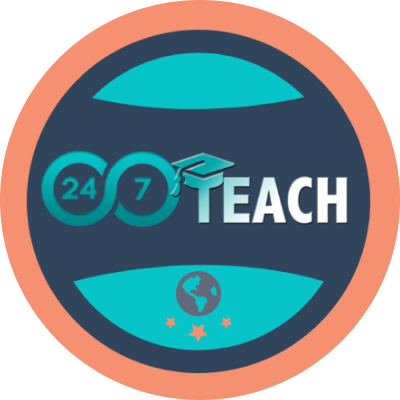Career Outlook - Instructional Designers
An instructional designer is a professional who creates engaging, effective learning experiences and materials for education and training purposes.
They design lessons, courses, and training programs that help people learn new skills or information efficiently. By combining principles from education, psychology, and multimedia, instructional designers build resources such as online courses, training videos, workbooks, and interactive activities that guide learners toward their goals.
Instructional designers identify learning needs and then structure content in collaboration with subject matter experts to create engaging experiences. Using tools like storytelling, simulations, and quizzes, they transform complex ideas into practical, memorable learning, empowering people to gain skills effectively.
According to the Bureau of Labor Statistics, the employment outlook for instructional designers is strong, with an 12 percent increase in positions expected between 2023 and 2033.
Instructional designers make an average salary of $84,421, according to the eLearning Guild, but salaries can vary based on your level of education, location, and specific role within the industry.
24/7 Teach graduates will be glad to know that hiring qualifications, in most cases, are not driven by your degree, but by skill and real-world experience demonstrated through your portfolio and resume.
Popular Instructional Design Careers:
-
Average Salary: $110,900
Instructional design managers oversee the design of training programs, including classroom lectures and online courses for employees and organizations. These professionals also oversee teams of specialists to ensure training and learning needs are addressed in accordance with organizational policy and strategy.
-
Average Salary: $95,100
Instructional designers focus on creating engaging and effective online learning experiences using a variety of media. They must be familiar with a wide range of online delivery platforms, such as Blackboard, Zoom, and Canvas, in order to select the right tools for each program. An understanding of how online learning differs from in-person instruction and the resulting challenges it can present is important.
-
Average Salary: $89,120
Learning analysts use technology and large-scale data to better understand how people learn. Their insights help others within the instructional design field create more effective learning experiences based on real-world data.
-
Average Salary: $76,813
Curriculum designers typically specialize in the creation of educational experiences for students in grades K through 12. They develop lessons and teaching materials, like worksheets and teachers’ guides, and tailor the material to the appropriate age level.
-
Average Salary: $74,852
Similar to instructional designers, training specialists design and create training materials for various groups. However, they often deliver these programs themselves, taking on the role of trainer as well as designer. Training specialists generally work in corporate settings by assisting with employee training.
-
Average Salary: $130,531
Instructional design teams may consist of media, permissions, content, and design experts, who all need to work together on distinct areas of the project to successfully complete it. Enlisting the support of a dedicated project manager can, therefore, be essential in keeping the team organized and on schedule. A project manager who understands instructional design will be able to define the project, create a plan and schedule for it, and problem- solve as needed to meet deadlines while keeping the specific needs of instructional design in mind.
-
Instructional Designer or Coordinator
Curriculum Developer
Educational Support Coordinator
Educational Technology Specialist
Assistant Director, Educational Technology
Corporate Trainer
Training and Development Specialist
Academic Technology Specialist
Assistant Director of eLearning Development
Distance Learning Specialist
Learning Director
Educational Technologist
Curriculum Specialist
Common Job Duties:
Develop and coordinate the implementation of curricula
Assess student needs and discuss the implementation of appropriate pedagogical strategies with teachers or clients
Review and recommend textbooks, guides, and other educational materials
Recommend teaching techniques and the use of various technologies
Plan, organize, and conduct client or employee trainings
Analyze student data and test scores to assess learning
Train teachers and other instructional staff in new content or programs
Mentor or coach teachers to improve their skills
Common Required Skills:
Teaching skills, especially the ability to design and execute curricula
Strong curiosity and an ability to quickly learn new things Excellent written and oral communication skills
Strong project management skills
Strong problem-solving skills
Some visual design skills
Ability to work independently as well as collaboratively with others
A knack for building relationships with teachers or clients Knowledge of or willingness to learn course development applications & tools (e.g. Adobe Captivate, Articulate Storyline) Working knowledge of WebEx or other tools used for synchronous learning
Familiarity with MS Word, Excel, and PowerPoint
Ability to collaborate with different types of Stakeholders






